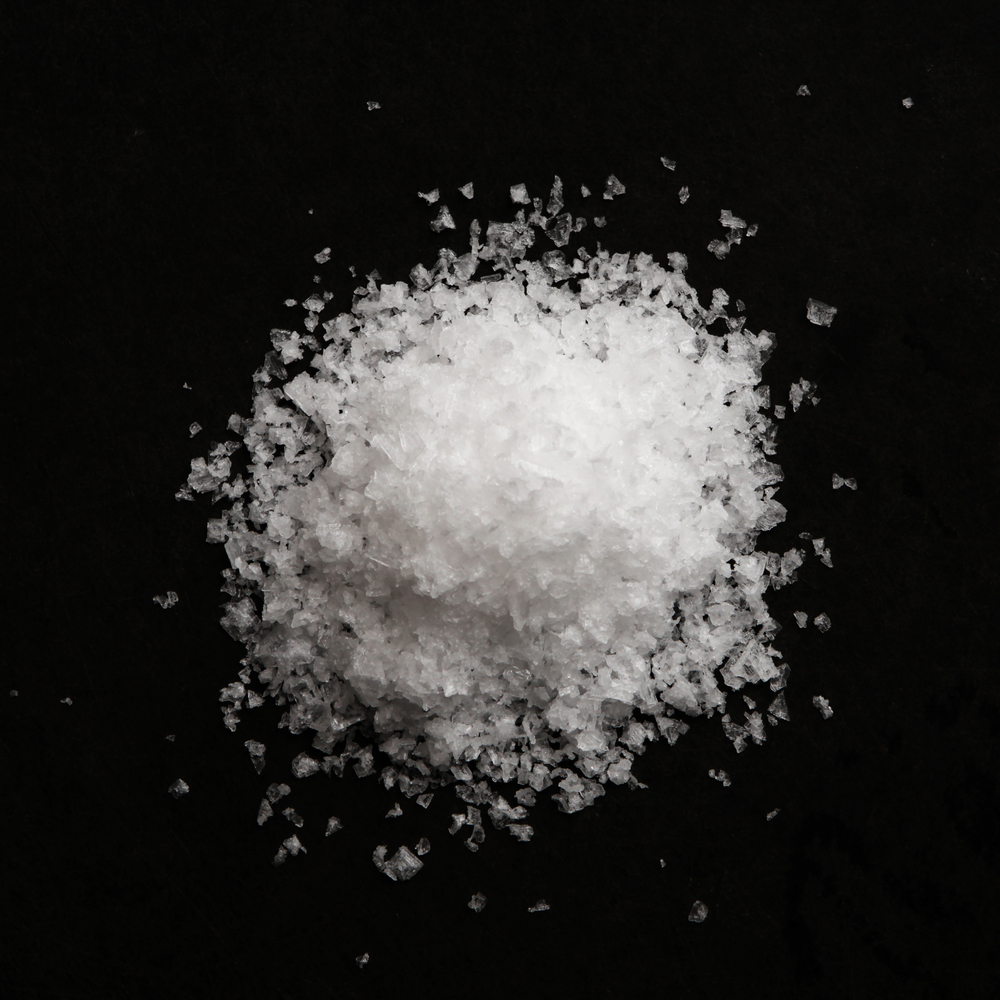Results from a recent study published in the Journal of the American Society of Nephrology (JASN) revealed that high urinary sodium and potassium excretion are associated with an increased risk of Chronic Kidney Disease progression. These results could impact dietary recommendations to help safeguard patients’ health.
Chronic kidney disease (CKD) is a condition characterized by a gradual loss of kidney function over time. In the United States 26 million adults have CKD and millions of others are at increased risk. The condition is associated with an increased risk of heart disease and premature death and diet is thought to play an important role in disease progression. However, thus far, there is a lack of evidence on the impact of sodium and potassium in CDK patients.
Jiang He, MD, PhD from Tulane University colleagues conducted a prospective study entitled “Urinary Sodium and Potassium Excretion and CKD Progression“, to investigate the association between urinary sodium and potassium excretion with CKD progression and all-cause mortality among 3,939 patients suffering from CKD in the Chronic Renal Insufficiency Cohort Study.
The results revealed that high levels of urinary potassium and sodium were associated with a faster CDK disease progression. The team observed that patients consumed an average of 3,700 mg of sodium every day, even though the daily value recommendations are of 2,400 mg. “These data warrant future clinical trials to test the effect of a moderate reduction in dietary sodium and potassium intake on CKD progression in patients with high dietary sodium or potassium intake,” said study author Dr. He in a news release. “The findings could ultimately impact dietary recommendations for patients with CKD to slow disease progression.”
Read More Recent News

